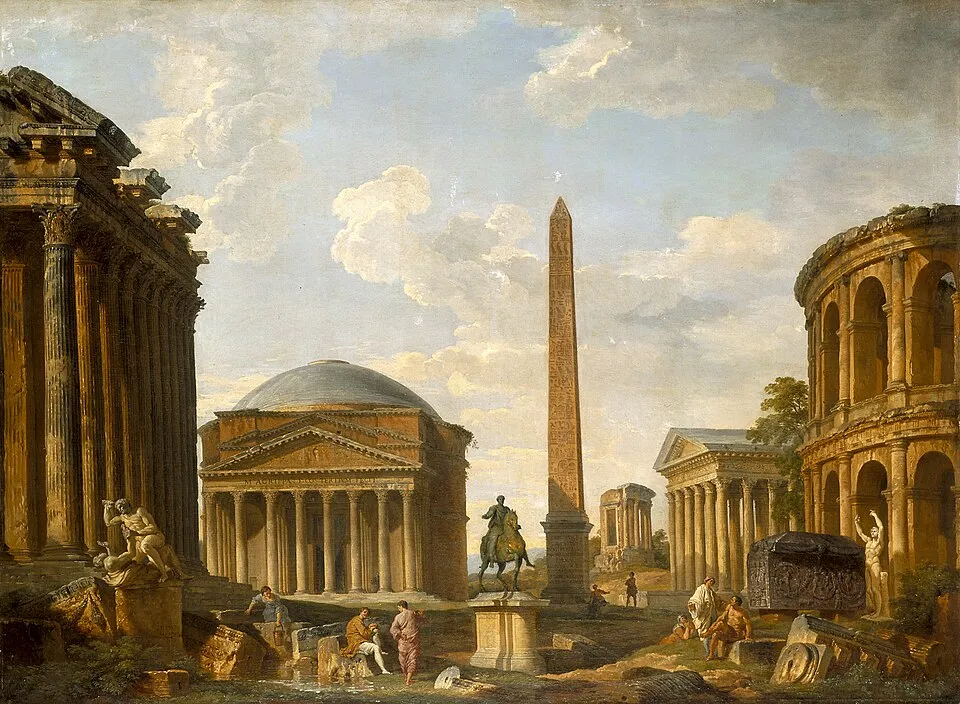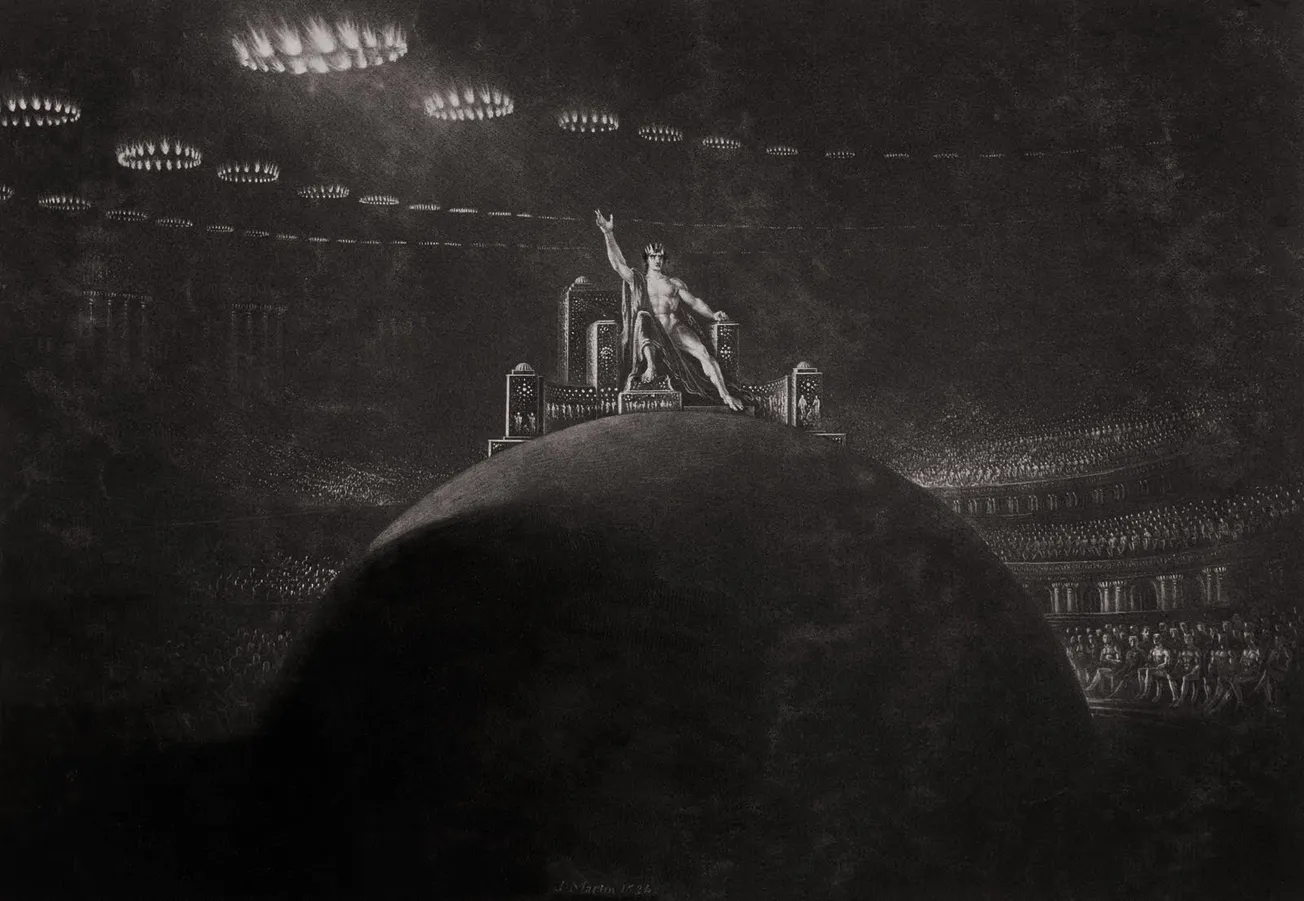Table of Contents
Cato-worship is all the rage. For the indirectly eponymous Cato Institute, Cato the Younger is “an honest, wise, and prudent” defender of liberty. For other libertarians, he is “uncompromisingly honest” and “the first libertarian”. Ex-CIA officers dedicate their lives to emulating his Stoic defense of institutions. Even many on the left, seeing themselves in Cato and tyranny in Trump, admire Cato’s uncompromising fight for republican norms against would-be kings.
The image is seductive: a politician of unimpeachable virtue who gave his life for the Republic. Who wouldn’t want to be Cato?
But Cato killed the Republic. To protect his aristocratic friends, he opposed desperately needed land reform for veterans and the middle class, forcing his opponents into the First Triumvirate, an early step towards a monarchy. When Caesar broke the rules and conquered Gaul, enriching Rome’s glory and people, Cato prosecuted him so ferociously that he pushed the Republic to the brink of civil war. And at the eleventh hour, Cato gleefully sabotaged compromise, pushing Rome over that brink. At every turn, he prioritized aristocratic dominance over Roman citizens, ultimately sacrificing both.
This is Cato’s legacy: moralizing over morality, institutionalism over people, elite over nation.
And as a new generation of conservatives hungry for classical models looks to Rome for guidance, Cato’s shadow threatens to teach them the very habits that, if learned, will doom the American Republic as they doomed Rome’s.
***
When Cato began his political career, the Roman Republic - and the middle class that sustained it - had been eroding for a century.
The root cause was land. Middle-class farmers were getting drafted to fight overseas for years in endless wars. Without their labor, their families fell into poverty and sold their unmaintainable farms cheaply to aristocrats who built sprawling, slave-run estates. When soldiers came home, they had no land to return to. Dispossessed and embittered, they flooded Rome’s slums, subsisting off government grain doles. This was the “reward” for their service.
During Cato’s childhood, generals Marius and Sulla had weaponized this despair. By promising land, they used armies of landless Romans to launch coups, plunging the Republic into civil war.
The Republic limped along, but as aristocratic estates gobbled farmland and Italian populations soared, the land crisis worsened. By 60 BC, a quarter-million dispossessed Romans crowded the city.
Enter Caesar and Pompey. Caesar saw political opportunity in middle-class plight. Pompey, having just conquered half the Middle East, needed Senate approval in order to distribute public land to retire his tens of thousands of soldiers.
But aristocrats were illegally farming these public lands, protected by bribery and aliases; the lands made up much of their estates.
In 59 BC, Caesar proposed the Agrarian Bill. Public lands would be distributed to Pompey’s veterans and the other landless citizens, with compensation to current occupiers. The bill was moderate, even supported by some Senate aristocrats. Most importantly, it would transform the landless into self-sufficient middle-class citizens - unlike the grain dole expansion Cato championed, which kept Romans dependent on aristocratic largess.
The bill would reduce aristocratic landholdings; for Cato, this was too much. Despite his rhetorical gift, aristocratic pedigree, and reputation for incorruptibility (notwithstanding that he likely embezzled astronomical sums from Cyprus), Cato couldn’t sink the bill. He turned to filibuster. His lengthy speeches blocked Senate business for a month; he dragged out and degraded religious rituals to buy time; Cato’s closest ally promised an assembly of Roman voters, “You will not have this law this year, not even should you all want it!”
This was madness. Pompey could’ve overthrown Rome like Marius and Sulla - his restless troops were all for it. Cato was risking the Republic’s destruction.
All this to deny veterans their retirement because Cato’s friends wanted to keep squatting on public territory. What a “prudent” defense of democracy and Republic!
The result was predictable. Caesar, Pompey, and Crassus formed the First Triumvirate, a private alliance to force the bill through. This extraconstitutional concentration of power was Cato’s creation. It would soon catapult Caesar and Pompey to near-monarchical levels of power, until the only thing standing between them and monarchy was each other - and civil war. Cato’s obstructionist “defense of institutions” killed the Republic as much as Caesar’s ambition.
Reacting poorly to Caesar’s ambition would define Cato’s career.
Between 58 and 50 BC, Caesar conquered Gaul, massively enriching Rome with land, slaves, and gold. To put quantities into perspective, Caesar’s will would distribute 75 denarii - 3 months of wages for high-skilled craftsmen - to the 250,000 urban poor in Rome. This was a fraction of the wealth won in Gaul.
Rather than celebrate success, Cato began prosecuting Caesar. The charges were technical: Caesar had violated protocols, exceeded his mandate. Cato’s true motivation: Caesar had succeeded too spectacularly, threatening the Senate’s monopoly on prestige.
But if Cato feared Caesar’s growing power, better options existed. He should have pushed for additional commands in Gaul, distributing glory among multiple generals to counterbalance Caesar. Instead, he undermined and criminalized Caesar’s achievements. Exploiting aristocratic envy, Cato drove the prosecution forward, making clear that if Caesar returned to Rome, the courts would exile or kill him, the people’s will be damned.
To avoid prosecution, Caesar asked to run for consul, which granted legal immunity, without entering Rome. He offered compromise after compromise - splitting provinces, reducing his legions, disarming entirely if simultaneously with Pompey. Cato killed each proposal by inflaming Pompey’s envy and rallying the Senate against Caesar.
Cato gave Caesar a choice: death or civil war. Caesar reluctantly chose war. Even then, Cato sabotaged every attempt at compromise between Caesar and Pompey, ensuring the conflict would run its bloody course to the end.
This was the Republic’s apocalypse. In the subsequent civil wars, possibly millions of soldiers and civilians died in the largest battles Europe would see for another 1600 years.
***
Aristocratic arrogance, intransigence, unctuous moralizing, quixotic defense of a failing status quo: these are the values Cato embodied.
History teaches us the result. Thanks to Cato, the light of liberty would dim, sooner than it had to, banished for a millennium to within the unread pages of monkish manuscripts.
If the history is so clear, why does Cato-worship endure?
Because the myth of Cato appeals to our worst human sins - pride, inflexibility, self-interest - and tells us these are our virtues. His saccharine spirit soothes aspiring American elites. No need to compromise; no need to act for the national good. Simply stand athwart history yelling stop. Stick to dogma. Obstruct. Embezzle, but not too much. And perhaps, two millennia hence, you too will become a heroic martyr for freedom’s lost cause.
I ask you to reject the Catonian comfort of righteous defeat.
To introspect, to adapt, to transcend parochial interests for the national good - these are anti-Catonian values our American Republic desperately needs from you.





